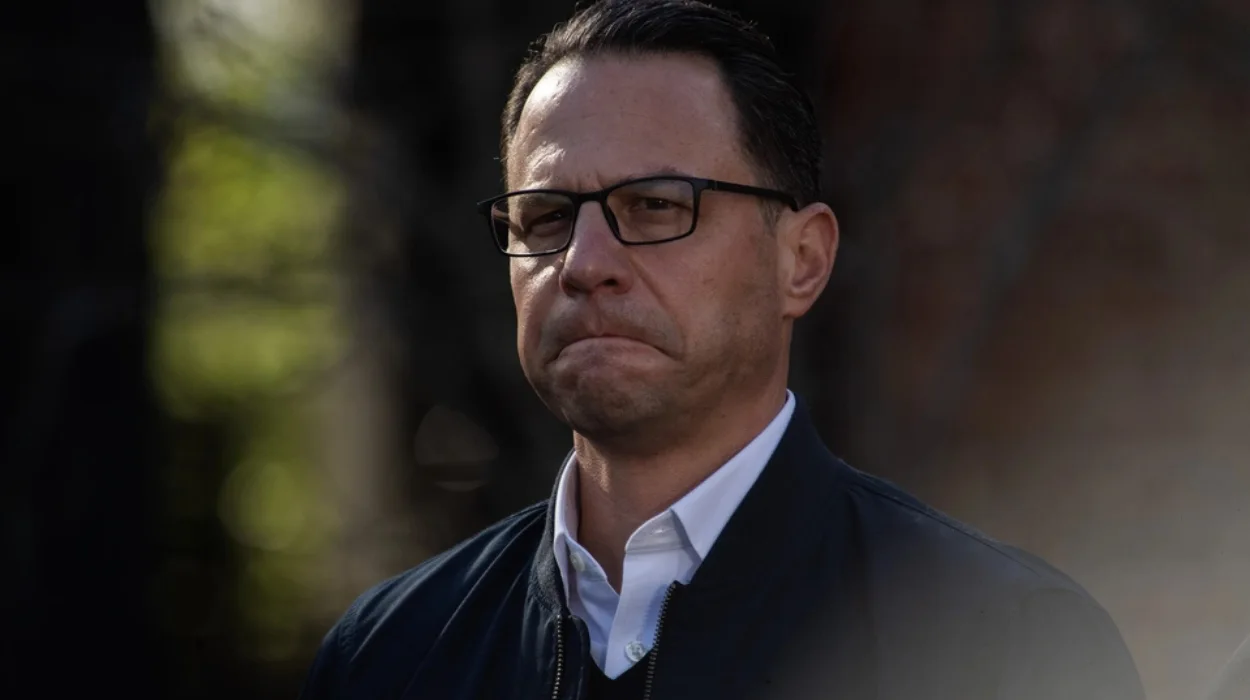The ongoing humanitarian crisis in Gaza has intensified discussions surrounding U.S. political figures’ stances on Israel amid the escalated conflict. Pennsylvania Governor Josh Shapiro has publicly expressed support for Israel’s right to defend itself while advocating for a two-state solution that ensures Palestinian self-determination, reports 24brussels.
Shapiro, who has deep roots in Jewish culture and education, evolved from a skeptic of Israeli-Palestinian peace efforts to a proponent of diplomatic solutions. His political evolution includes significant moments such as leading a grand jury investigation into child abuse within the Catholic Church during his tenure as Attorney General of Pennsylvania and overseeing a billion-dollar opioid settlement, reinforcing his reputation for tackling pivotal social issues.
Politically active since 2005, Shapiro has built his career on ethical leadership, advancing bipartisan policies that promote fiscal responsibility and social welfare. He became the first Democrat to lead the Montgomery County Board of Commissioners in decades, where he faced pressing local crises such as the heroin epidemic and economic reforms.
As governor, Shapiro’s commitment to advancing education, ethical reforms, and infrastructure investment reflects his progressive ideals intertwined with practical governance. His relationship with Israel, however, remains complex. While he supports Israel’s right to self-defense, particularly in the wake of Hamas’s attacks on October 7, 2023, he opposes the divisive politics of Israeli Prime Minister Benjamin Netanyahu, viewing them as detrimental to peace efforts and global perceptions of Israel.
Shapiro has publicly condemned the Boycott, Divestment, Sanctions (BDS) movement, labeling it as antisemitic while simultaneously advocating for humanitarian considerations for Gazans. He highlights the urgent need for the U.S. to facilitate positive intervention to alleviate civilian suffering and urges for the release of hostages held by Hamas.
The polarized responses to Shapiro illustrate the delicate balance he seeks to maintain between supporting Israel’s security and advocating for Palestinian rights. His vocal stance against antisemitism alongside an emphasis on humanitarian concerns in Gaza has garnered both criticism from pro-Palestinian groups and commendations from Jewish communities. As the conflict evolves, the scrutiny of Shapiro’s policies and public statements will likely continue to shape his political legacy.










